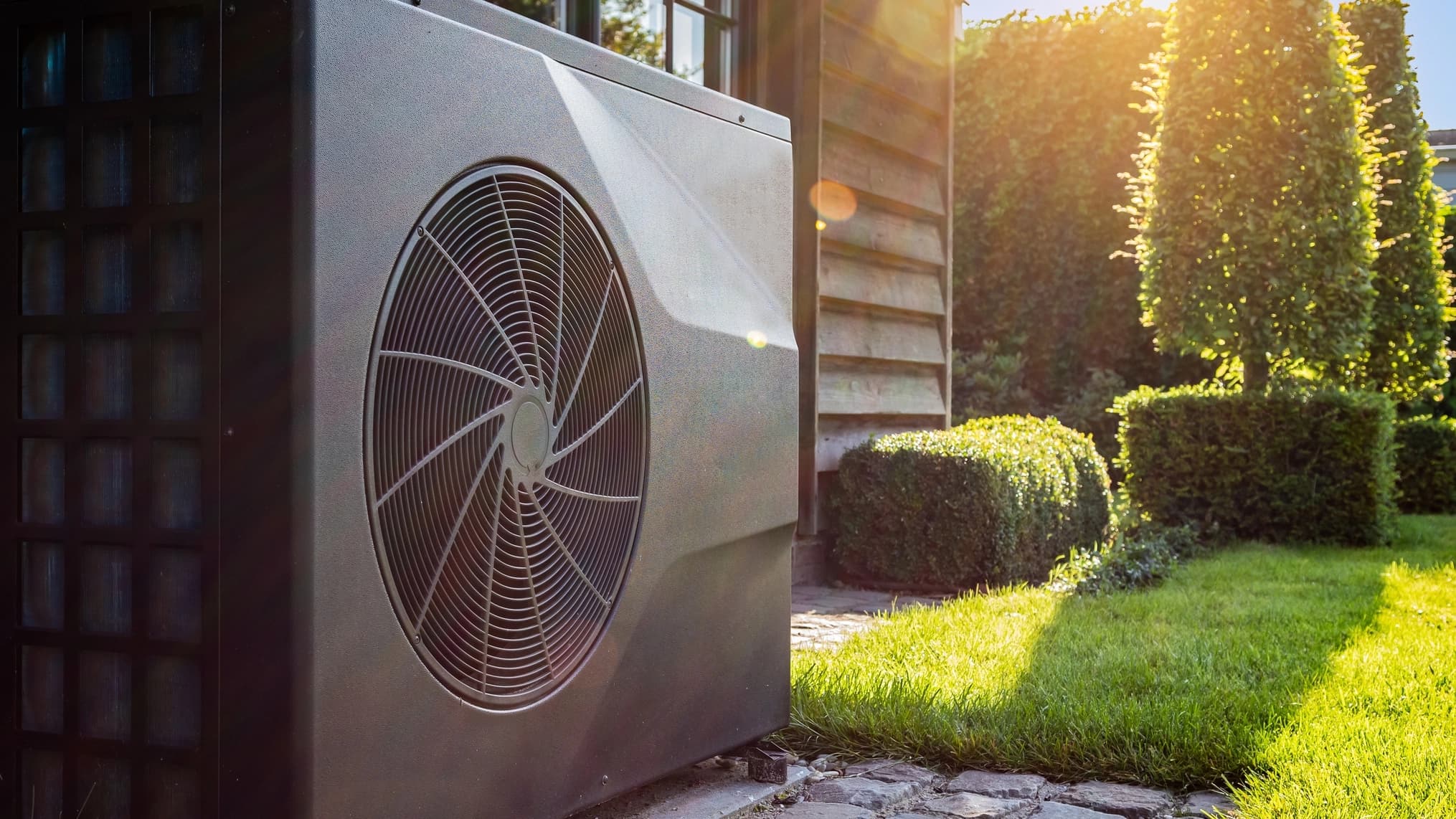Heat Pumps
Climate Control for Your Home
Heating and Cooling with Heat Pumps
Heat pumps offer year-round comfort by providing heating in winter and cooling in summer with minimal energy consumption. As our climate continues to change, we continue to see growing interest in heat pump technology to manage extreme weather conditions. We’ve developed a few resources to provide you with the information you need to safely install, operate, and maintain a heat pump in British Columbia.
What is a Heat Pump?
A heat pump is a device that transfers heat from a high temperature place (a source which could be air, ground, or water) and delivers it to a lower temperature place (know as a sink, which could be a room or building). It provides space heating and cooling and can be used as a hot water heater. Unlike traditional furnaces and boilers that generate heat by combustion or electric resistance, a heat pump works by transferring heat, making it a more efficient alternative.
Heat Pumps Used in Residential Applications
Heat pumps that are used in residential applications are considered regulated equipment under the Electrical Safety Regulation and Safety Standards Act . In most cases, in order to install or upgrade one of these heat pumps, you will need an electrical permit and a licensed electrical contractor to perform the work. Additionally, if you are modifying or removing a natural gas furnace or boiler, you will need a gas permit. Homeowners can apply for electrical and gas permits, however, if you are hiring a licensed contractor, your contractor will apply on your behalf.
In many cases, the Power Engineers, Boiler, Pressure Vessel and Refrigeration Safety Regulation will not be applicable to heat pumps that are used in residential applications. These heat pumps only become a regulated piece of refrigeration equipment when:
- the heat pump prime mover exceeds 5 kW rated capacity, and
- the heat pump is installed in a residential building containing five or more self-contained residential units, or utilizes a toxic or flammable refrigerant.
To perform work on heat pumps regulated under the Power Engineers, Boiler, Pressure Vessel and Refrigeration Safety Regulation, you are required to hold or be employed by someone who holds a valid class REF contractor’s licence.
Use our Find a Licensed Contractor tool to find a contractor in your area.
Heat Pumps Used in Non-Residential Applications
Heat pumps with a prime mover rating of 5 kW or greater are typically built for larger spaces such as schools, office buildings, or retail spaces that have higher occupancy. They are classified as regulated refrigeration equipment under the Power Engineers, Boiler, Pressure Vessel and Refrigeration (PEBPVR) Safety Regulation as well as the Electrical Safety Regulation and Safety Standards Act.
In addition, heat pump outdoor units are considered a source of ignition and must be installed in accordance with clearance requirements outlined in the B149.1 Natural Gas and Propane Installation code and the B149.2 Propane Storage and Handling code when installed near propane tanks, propane cylinders, gas regulators, or exhaust vents.
Heat pump systems that are exempt from the Power Engineers, Boiler, Pressure Vessel and Refrigeration Safety Regulation include:
- heat pumps with a prime mover less than 5kW;
- heat pumps that do not contain toxic or flammable contents and are installed in a building containing four or fewer self-contained residential units; and
- heat pumps installed in a vehicle, ship, or train.
What Permits are Needed for a Heat Pump?
We’ve put together a quick quiz to help you identify which permits are required for your residential heat pump installation.
Who Can Install a Heat Pump?
To perform work on heat pumps regulated under the Power Engineers, Boiler, Pressure Vessel and Refrigeration Safety Regulation, you are required to hold or be employed by someone who holds a valid class REF contractor’s licence.
To complete the electrical work required for heat pump installation, an individual must
- hold an electrical qualification; or
- be a refrigeration mechanic with an Electrical Refrigeration FSR qualification; and
- be employed by a licensed electrical contractor or, in the case of commercial installation, appropriate electrical operating permit holder to be able to perform regulated electrical work
Use our Find a Licensed Contractor tool to locate a contractor in your area.
Heat Pump Webinar for Contractors
This webinar is intended for contractors in BC. Here we discuss what a heat pump is, how it works, what is regulated, permits required from a Technical Safety BC perspective, approved certification marks, and qualified individuals.

Heat Pump Webinar for Contractors
Learn about the permits required from a Technical Safety BC perspective, approved certification marks, and qualified individuals.

A Homeowner’s Guide to Heat Pumps
Learn what a heat pump is, how it works, permits required, approved certification marks, and qualified individuals.
A Homeowner’s Guide to Heat Pumps
This webinar is intended for homeowners in BC who are considering a heat pump for their home. Here we discuss what a heat pump is, how it works, permits required, approved certification marks, and qualified individuals.
